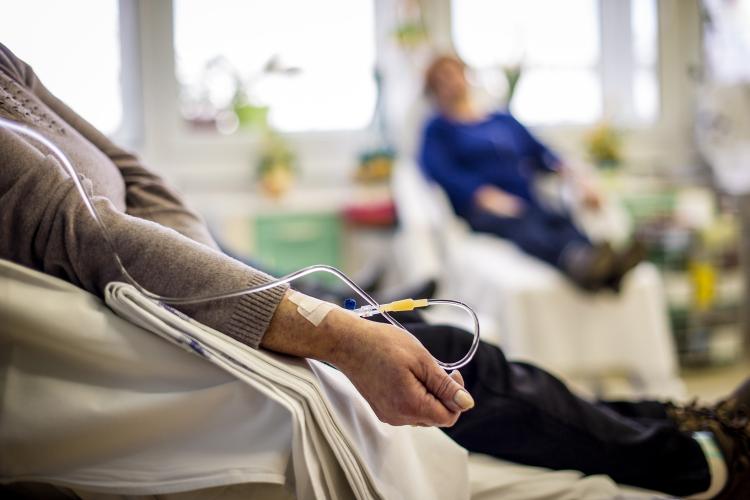OPTIMA aims to use artificial intelligence (AI) to improve treatments for people with breast, lung and prostate cancer.

Advances in research mean that for many cancers, there are more treatment options than ever. Physicians face a growing number of diagnostic tests, treatments and guidelines, making it increasingly challenging to ensure each patient receives the right treatment.
The aim of OPTIMA is to harness the power of artificial intelligence to advance treatments and facilitate decision-making for physicians and patients with prostate, breast and lung cancer.
At the heart of OPTIMA will be Europe’s first interoperable, large scale oncology data and evidence generation platform with data from over 200 million people. The platform, which will be GDPR (General Data Protection Regulation) compliant, will host data sets, data analysis tools, federated learning tools, and artificial intelligence (AI) tools.
The project will use the platform to drive the generation of new knowledge by developing advanced analytics and AI models to identify, prioritise and fill the main knowledge gaps in prostate, breast and lung cancer, and propose improved clinical guideline recommendations. Finally, they will develop AI-based decision support tools that can help clinicians, together with their patients, make treatment decisions based on the leading clinical practice guidelines.
By designing the platform based on the needs of clinicians and patients, and by including the major guideline offices for prostate, breast and lung cancer, the project is well placed to have an impact care down the line.
The 26-strong consortium is led by James N’Dow from the European Association of Urology and the University of Aberdeen, and Hagen Krüger of Pfizer.
‘While healthcare has begun to take advantage of AI to improve treatment for patients with cancer, there is still immense untapped potential to integrate these next-generation tools into care models and decision-making,’ said Dr Krüger.
‘OPTIMA’s main objective is to harness the potential of AI to enable healthcare professionals to provide the most optimal personalised care for each individual patient living with prostate, breast and lung cancer and their families,’ said Professor N’Dow. ‘By working together, we hope to deliver meaningful improvements in cancer care.’
OPTIMA will run for 5 years. It has a total budget of EUR 21 million, with half of this coming from IMI, and half coming from EFPIA.
Find out more
Visit the OPTIMA website
